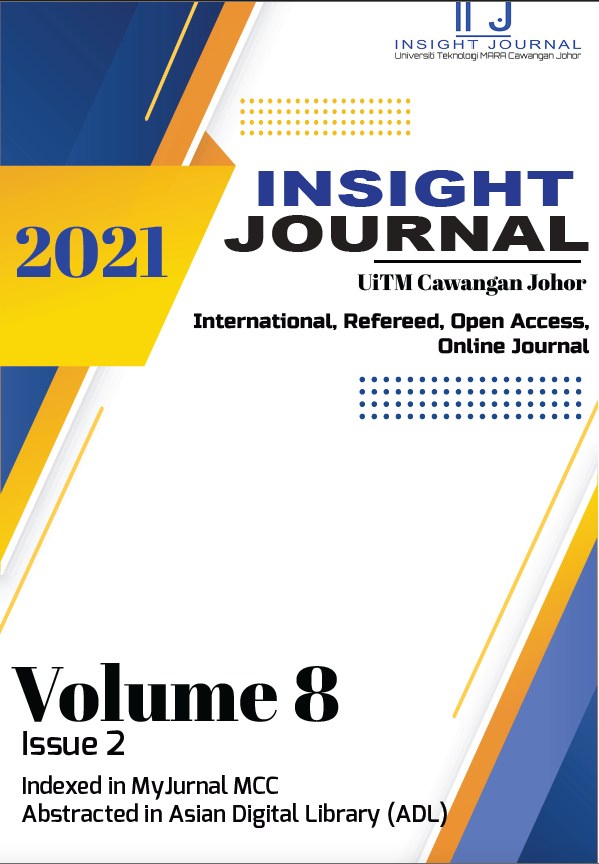Jenglish
A Game for ESL Classroom
Keywords:
Gamification, language learning, language game, ESL learningAbstract
Gamification is not a foreign concept of language learning, and it has been extensively researched in the field of education. Jenglish is a language game produced by five ESL students under the supervision of a lecturer. Leslie Scott’s popular Jenga game was adapted into this game. This paper aims to present the results of a case study in which a group of 22 ESL students participated in four ESL lessons while playing Jenglish. A set of questionnaires was distributed to the respondents of the study after the final lesson and they are expected to answer 3 research questions: 1) To investigate ESL students’ opinions on the usefulness of Jenglish on ESL learning, 2) To investigate ESL students’ opinions on the usefulness of Jenglish in relation to affective domain, and 3) To investigate ESL students’ opinions on how Jenglish can be improved. The data were analysed using IBM SPSS Statistics 25 and thematic analysis. The first and second research questions received positive feedback, while the game’s presentation, content, and rules were suggested for improvement. Four themes emerged from an open-ended question about the respondents’ opinions of the game which were Compliments, Suggestions to Improve the Game, Benefits, and Others. Although the results indicated that the game needed to be improved, it can be concluded that Jenglish was a useful language game for the respondents in language learning.







